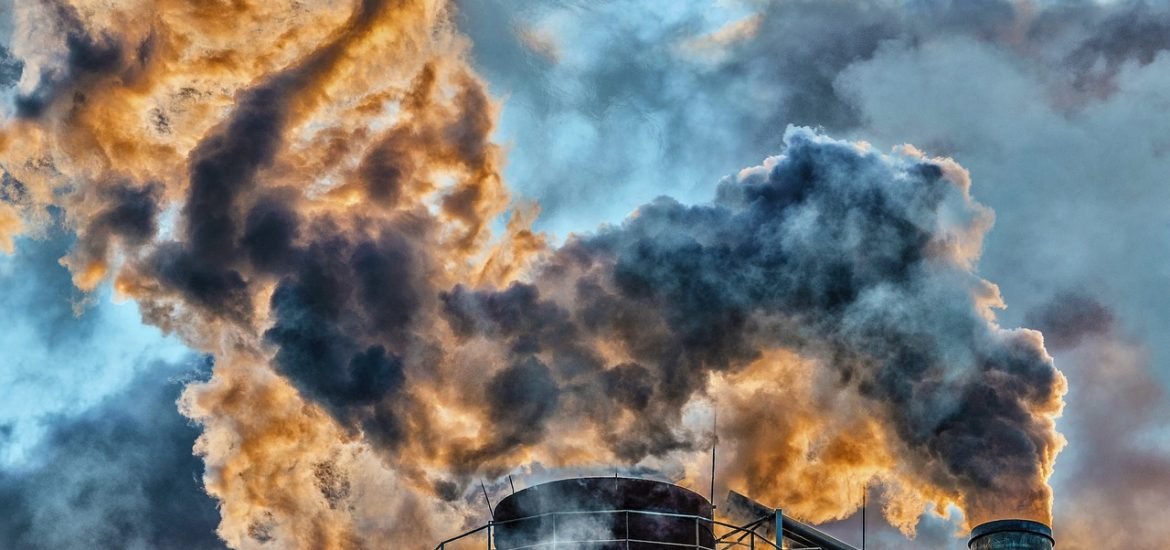
A team of researchers from UCL, London argue that we are squandering an opportunity to improve air quality by failing to develop and coordinate legal and scientific thinking. Published in the scientific journal Science, this work reviews recent research and highlights the risks of current policies to achieve clean air.
Despite recent improvements in air quality and better policies in some parts of the world, evidence suggests that people are still suffering from air pollution, making achieving clean air increasingly urgent. The UCL team defends that we need to be more ambitious when it comes to air quality policies, and not simply aim for the level established by the World Health Organisation Air Quality Guidelines. The authors argue the need to shift from policy ambition to policy deliverability, using the latest scientific and legal knowledge.
“Once-in-a-generation transitions, if not accompanied by a consideration of the air quality impacts, and a coordinated regulatory refresh, could lead to a squandering of opportunity,” they say in their paper. There are several areas where coordinated action is needed, including deciding which pollutants to legislate for; setting targets to reduce pollution; planning urban areas considering how air pollution impacts on deprived communities and minority ethnic groups; and co-ordinating policymaking at a local, national and supranational level.
One of these issues –what pollutants to regulate – is a problem because a relatively small number of pollutants has been the focus of air quality laws in the past. The list needs to be updated to include the current state of the science in terms of toxicology and harms.
The problem is that “legally embedded standards are generally only created when the scientific evidence of harms is considered compelling by lawmakers”, leading to “criteria pollutants” such as the very fine particles known as PM2.5 being commonly regulated today. Being cheap and easy to measure, PM2.5 has become the “de facto variable” in health studies, the authors write in the paper. However, “there is likely merit in limit values for black carbon, ultrafine particles, formaldehyde or subcomponents of Particulate Matter such as secondary organic aerosol; however, each has yet to accumulate weight of evidence to become legal obligations.”
Another key issue is to ensure that clean air policies are realistic and can be enforced. The benefits of reducing air pollution and climate emissions have “long been articulated by the scientific community, but there is an under-recognised need for legal and regulatory coordination as well”, the researchers say in their paper.
The authors use low-carbon fuels for aviation as an example, saying that carbon regulation alone “does not guarantee better air quality”. Adoption of measures to reduce the use of carbon fuels can only succeed in reducing pollution if there are “parallel, internationally agreed regulatory requirements for reduced engine emissions of nitrogen oxide and Particulate Matter”, they say.
“To move the debate forward, we argue that growing the space for dynamic regulatory development at the science-law-policy interface is an important avenue for accelerating the delivery of global clean-air goals,” concluded the authors.
Lewis A et al, Harnessing science, policy, and law to deliver clean air.Science385,362-366(2024).DOI:10.1126/science.adq4721